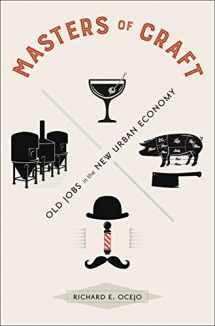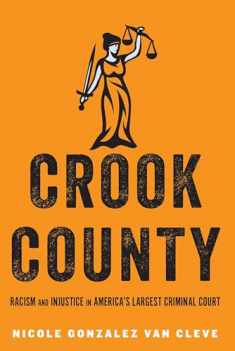
Masters of Craft: Old Jobs in the New Urban Economy
Book details
Summary
Description
In today’s new economy―in which “good” jobs are typically knowledge or technology based―many well-educated and culturally savvy young people are instead choosing to pursue traditionally low-status manual labor occupations as careers. Masters of Craft looks at the renaissance of four such trades: bartending, distilling, barbering, and butchering. In this engaging book, Richard Ocejo takes you into the lives and workplaces of these people to examine how they are transforming once-undesirable jobs into “cool” and highly specialized upscale occupations. He shows how they find meaning in these jobs by enacting a set of “cultural repertoires,” resulting in a new form of elite taste-making. Focusing on cocktail bartenders, craft distillers, upscale men’s barbers, and whole-animal butcher shop workers in Manhattan, Brooklyn, and upstate New York, Masters of Craft provides new insights into the stratification of taste, the spread of gentrification, and the evolving labor market in today’s postindustrial city.


We would LOVE it if you could help us and other readers by reviewing the book
Book review




